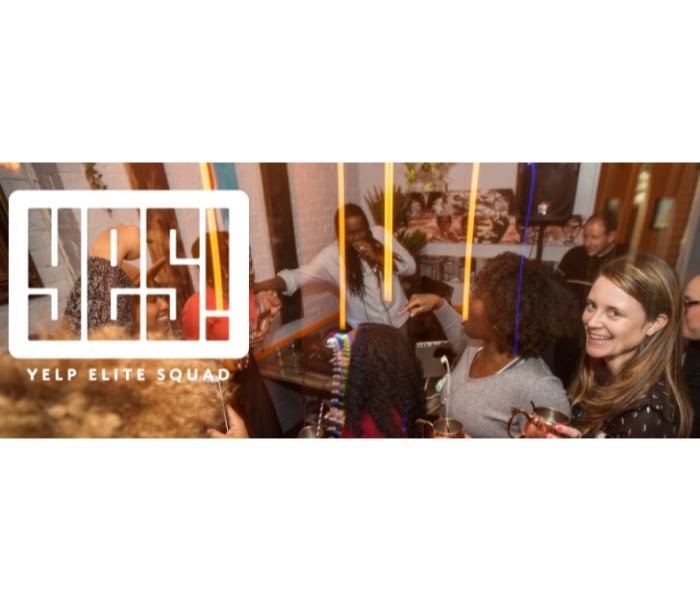
Where the media was once obsessed with Yelpers, that attention has largely shifted to Instagram influencers.Īnd it’s a well-established fact that, like it or not, Yelp ratings can have an outsized impact on a restaurant’s business. The late Anthony Bourdain said in a 2017 interview, “There’s really no worse, or lower human being than an Elite Yelper,” declaring them “universally loathed by chefs everywhere.” For years, restaurateurs and chefs have waged war against petty reviewers who hit them with one-star reviews for offenses ranging from refusing to serve them any more alcohol to not offering takeout, and numerous internet complaints suggest that pay-for-play ploys like Cartman’s were a semi-frequent IRL occurrence at restaurants across the country. Many restaurant owners and others in the hospitality industry see it otherwise. In order to be considered a Yelp “Elite,” a subgroup launched in 2005, users must be recognized by the Yelp mothership for “well-written reviews, high quality tips, a detailed personal profile, an active voting and complimenting record, and a history of playing well with others.” Yelp’s website says it considers its Elite members “the true heart of the Yelp community, both on and offline.”

One of the top user-generated review sites, particularly in the U.S., Yelp hosts recommendations for everything from plumbers to tattoo shops, but it’s arguably most well-known for its restaurant reviews.
Become yelp elite free#
Titled “You’re Not Yelping,” the episode centers on Cartman using his status as an “Elite” Yelper to extort free food from restaurants. “I mean, I can probably be persuaded with free desserts,” Cartman replies.

Visibly concerned about an impending online review, a manager asks what he can do to help.

“I was thinking of giving this place five stars, but I’m kind of teetering on five stars or one star,” says South Park’s Eric Cartman, surrounded by half-eaten plates of food in a 2015 episode.


 0 kommentar(er)
0 kommentar(er)
